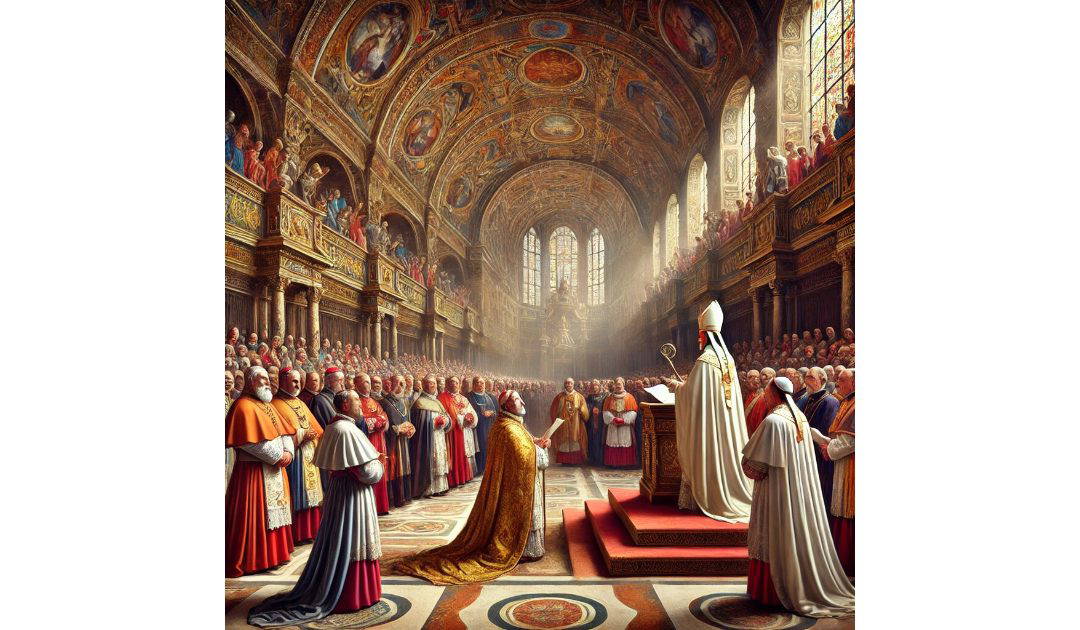On the 18th of January 1562 Pope Pius IV opened the third and final session of the Council of Trent. I wrote a little about the Council of Trent in Called to Account, the fourth book in the Sir Anthony Standen Adventures.
The Council of Trent, convened between 1545 and 1563, was a pivotal ecumenical council of the Roman Catholic Church that sought to address the challenges posed by the Protestant Reformation and to initiate internal reforms. The council was called by Pope Paul III in response to the growing Protestant movement led by figures such as Martin Luther and John Calvin, which questioned the authority of the Church and its practices.
The council met in three major sessions, held in Trent, a city in northern Italy. The first session began in 1545, but it faced interruptions due to political conflicts and the outbreak of war in Europe. After a period of dormancy, the council resumed in 1551 and concluded in 1563 under Pope Pius IV.
One of the primary objectives of the Council of Trent was to reaffirm Catholic doctrine in the face of Protestant criticisms. The council addressed key theological issues, including the nature of salvation, the authority of Scripture and tradition, and the sacraments. It upheld the belief in justification through faith and works, countering the Protestant emphasis on faith alone. The council also reaffirmed the significance of the seven sacraments, the role of the clergy, and the importance of the Eucharist, which was central to Catholic worship.
In addition to doctrinal clarifications, the Council of Trent initiated significant reforms within the Church. It addressed issues of clerical corruption, the sale of indulgences, and the need for better education and moral standards among the clergy. The council mandated the establishment of seminaries for the training of priests, ensuring they were well-educated and capable of fulfilling their pastoral duties.
The Council of Trent also produced the Roman Catechism, a comprehensive summary of Catholic doctrine intended for use in teaching the faith. This catechism served as a vital resource for clergy and laity alike, helping to unify Catholic teaching and practice.
The impact of the Council of Trent was profound and long-lasting. It played a crucial role in the Counter-Reformation, revitalizing the Catholic Church and reinforcing its authority in the face of Protestant challenges. The council’s decisions shaped Catholic theology and practice for centuries, laying the groundwork for the modern Catholic Church and influencing the broader Christian landscape. Its legacy continues to be felt today, as it addressed not only theological disputes but also the need for reform and renewal within the Church.

